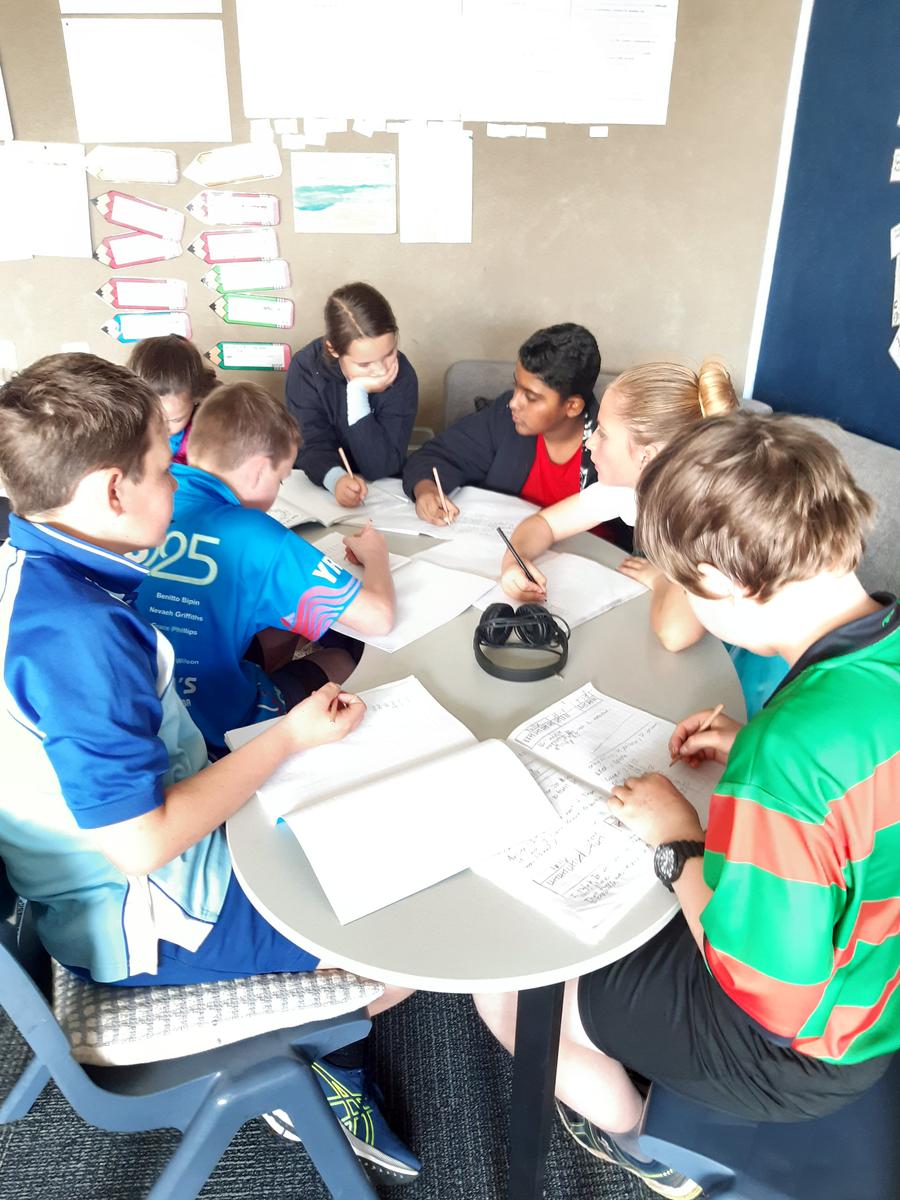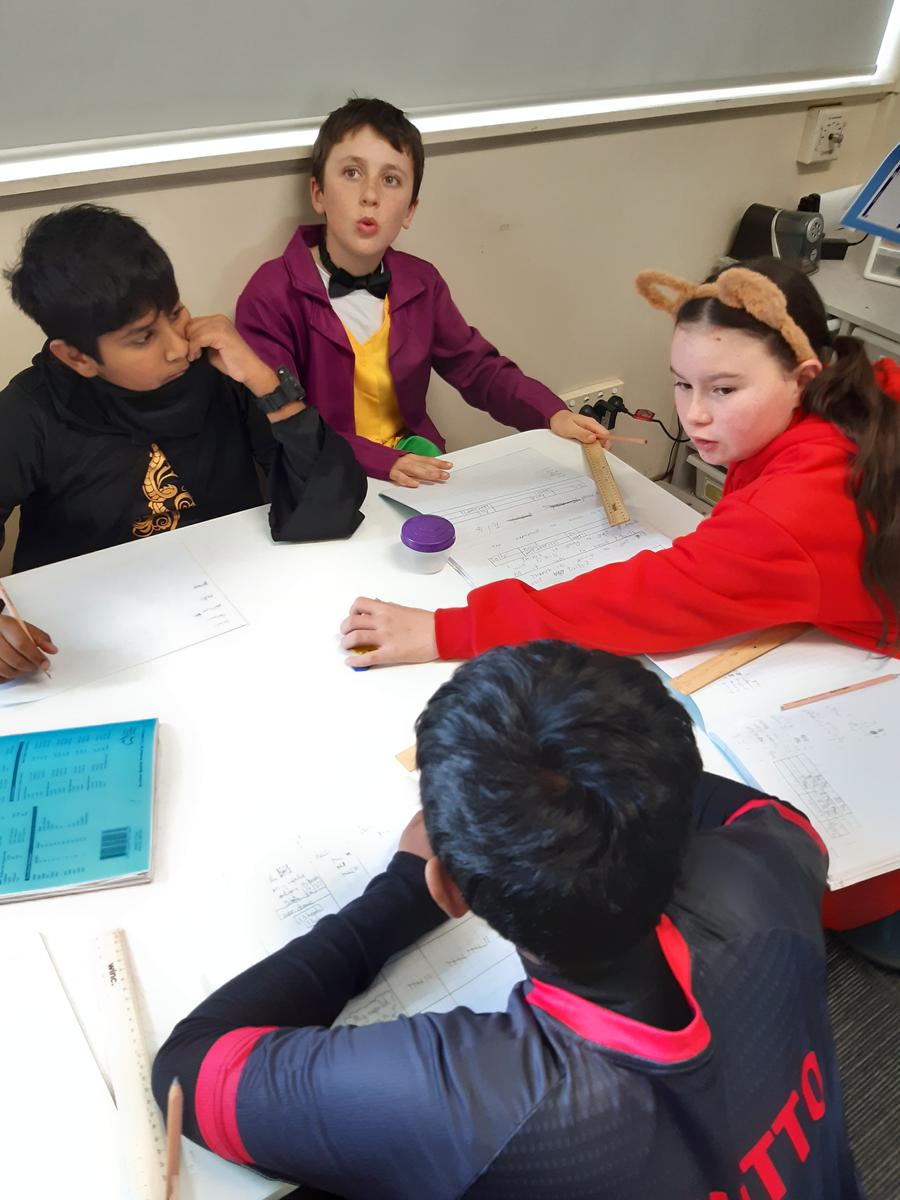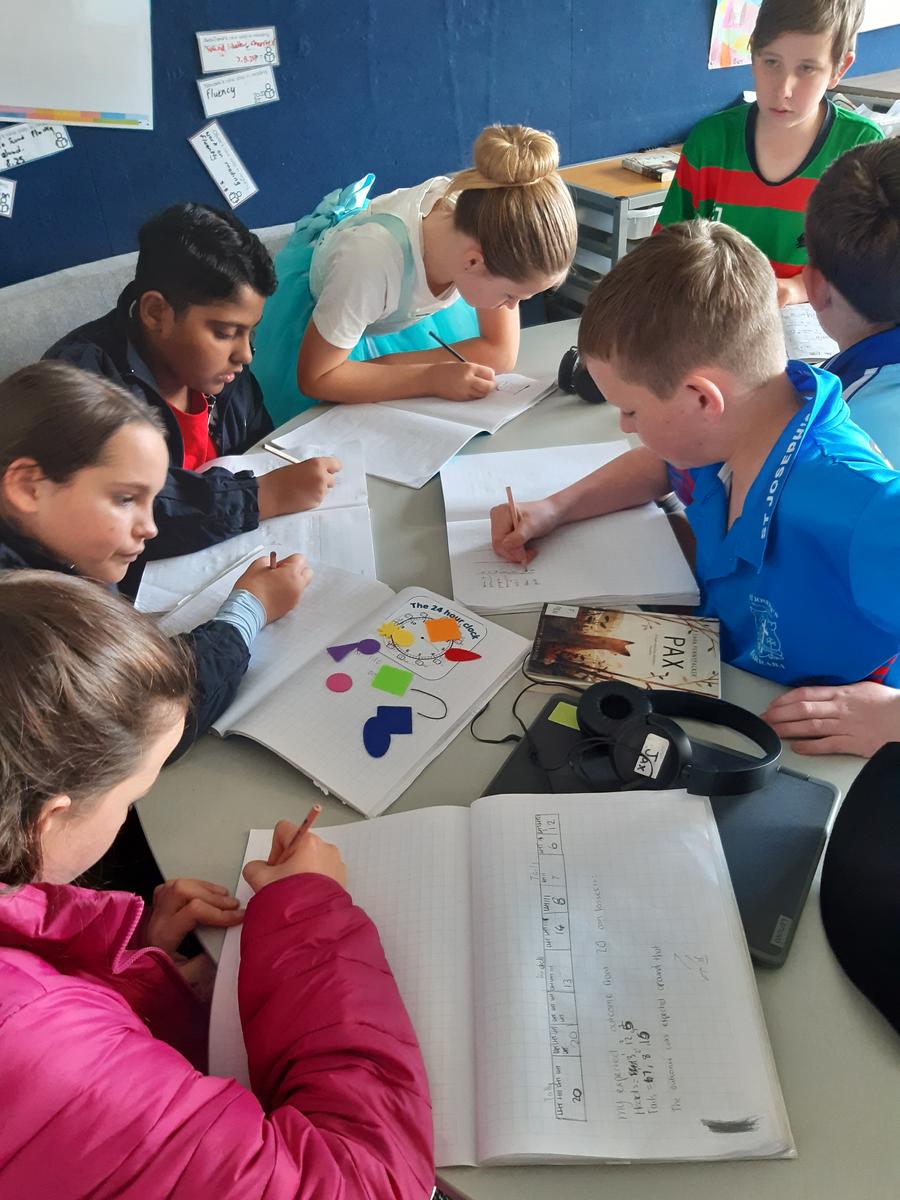Years 5/6
We are enjoying practicing for the Joeys du Soleil. The dance is coming along amazingly well in such a short time. Thank you to Mrs Abell for all her hard work.
In Math's we are learning about division and here hare some Math's Tips for Parents
- Use Farm and Outdoor Examples: Incorporate division into everyday rural activities:
- Gardening and Farming: Have your child help divide seeds into rows for planting or distribute harvested vegetables equally into baskets, emphasising remainders.
- Livestock Management: Ask them to calculate how many animals can be placed in each pen, showing how remainders work when some animals don't fit evenly.
- Cooking and Baking: Use recipes to divide ingredients for baking, such as cutting a pie into slices and determining how many slices each person gets.
- Use tangible objects and drawings to make division concepts clear:
- Manipulatives: Use farm-related items like grains, pebbles, or small tools to model division problems and illustrate remainders.
- Drawings and Diagrams: Encourage drawing diagrams (e.g., grouping objects or making arrays) to represent division problems visually. Sketch out fields or garden plots to show how items can be divided.
- Graph Paper: Use graph paper to help create organised and accurate models of division, such as dividing a plot of land into sections.
Use Real-Life Examples and Practice
Incorporate real-life examples and practice opportunities to make learning relevant and engaging. Examples:
- Shopping and Budgeting: When shopping, ask your child to calculate the total cost of multiple items using benchmark decimals (e.g., ‘If one apple costs $0.75, how much do 5 apples cost?) Practice estimating costs before using a calculator to check the accuracy of their mental calculations.
- Cooking and Baking: Use recipes to help your child practice multiplying and dividing decimals by powers of 10 (e.g., ‘The recipe calls for 1.25 cups of flour. If we need to make 4 times the recipe, how much flour do we need?’) Compare the place value of digits before and after multiplying or dividing to reinforce understanding.
All children are reading well, enjoying a variety of texts during reading groups including their group text, school magazines, plays and listening to Behind the News. We are continuing to work on different features of narratives and have been learning about complex sentences and figurative language.
In History, our unit is Democracy and Citizenship where we have been learning about Human Rights.






